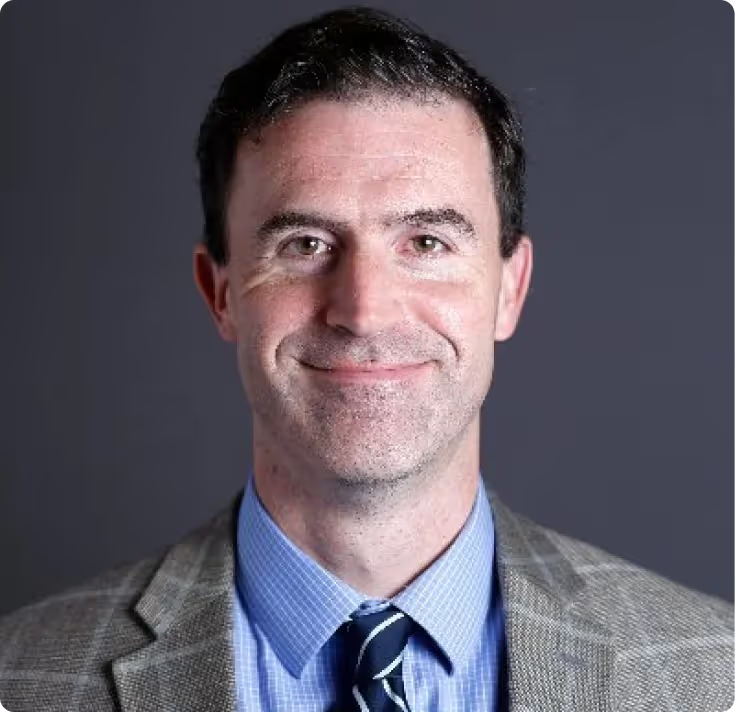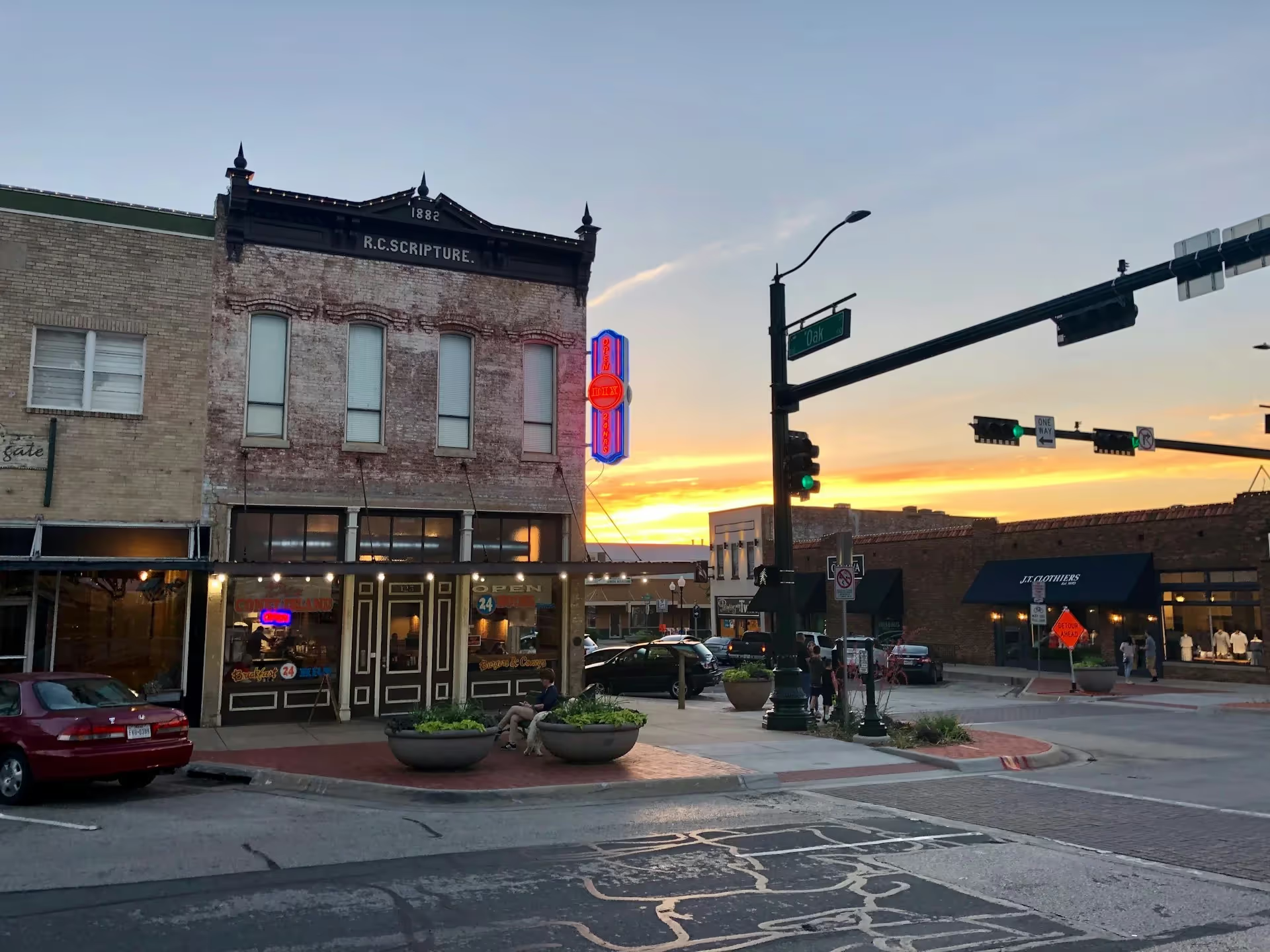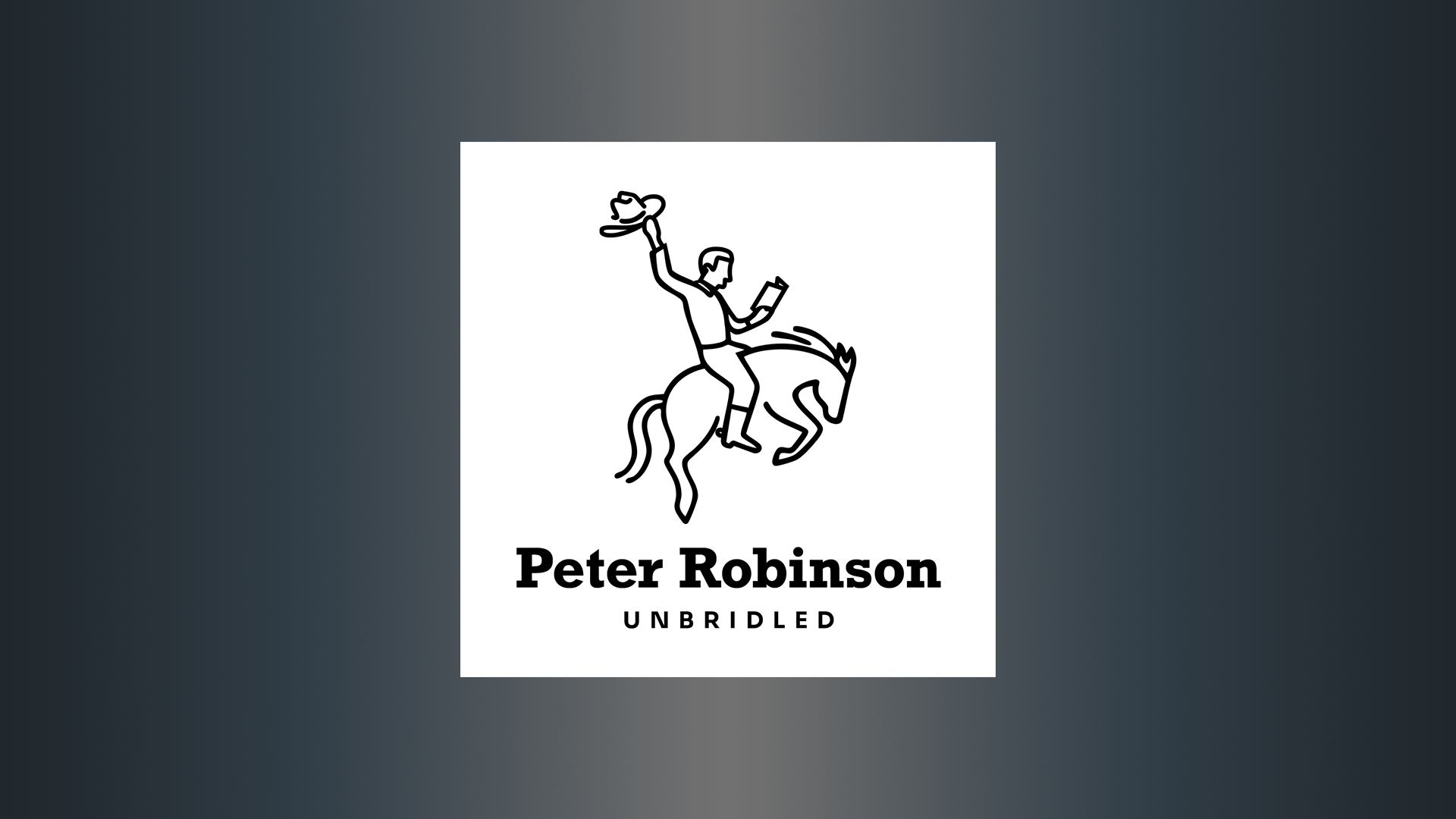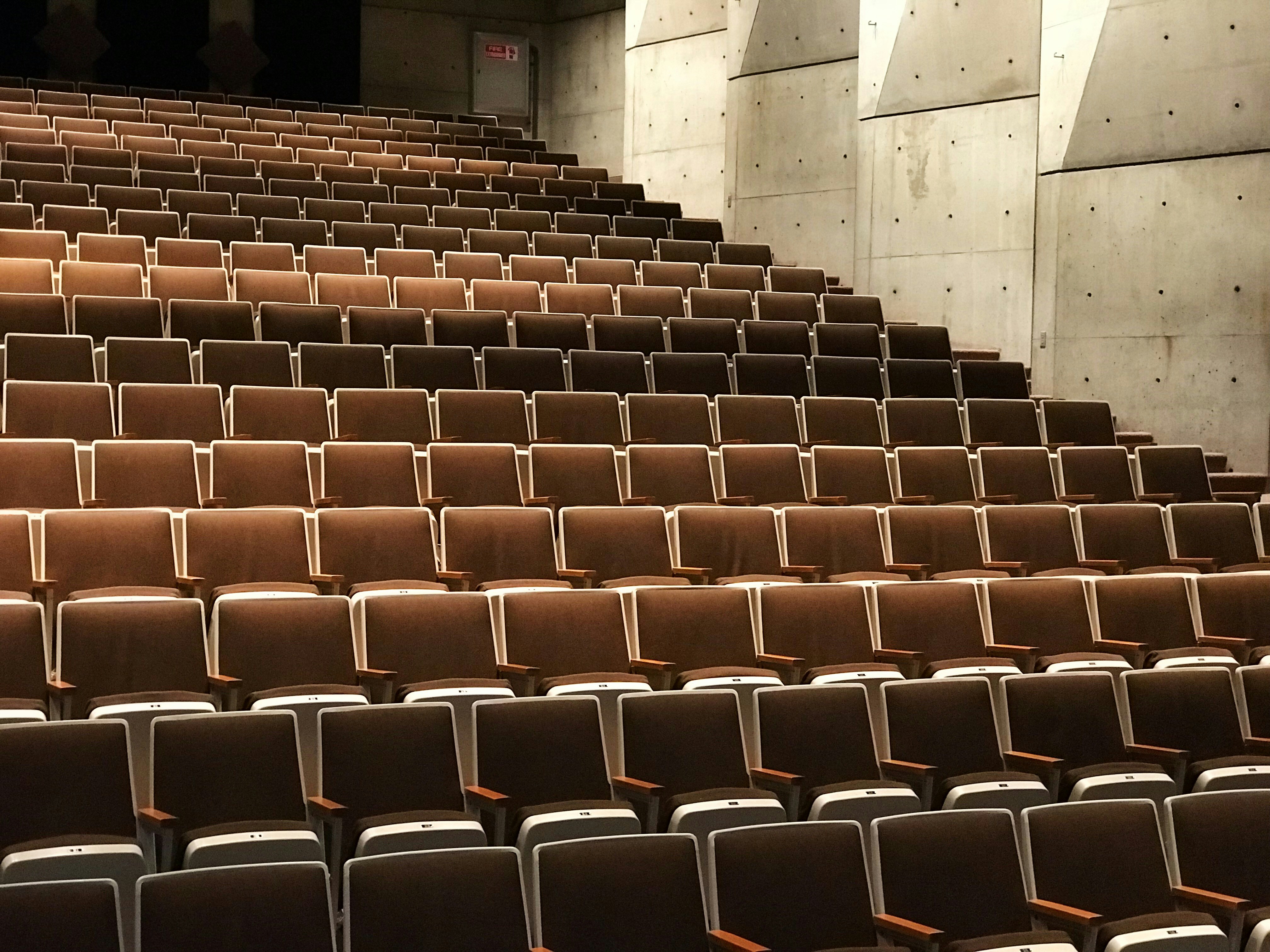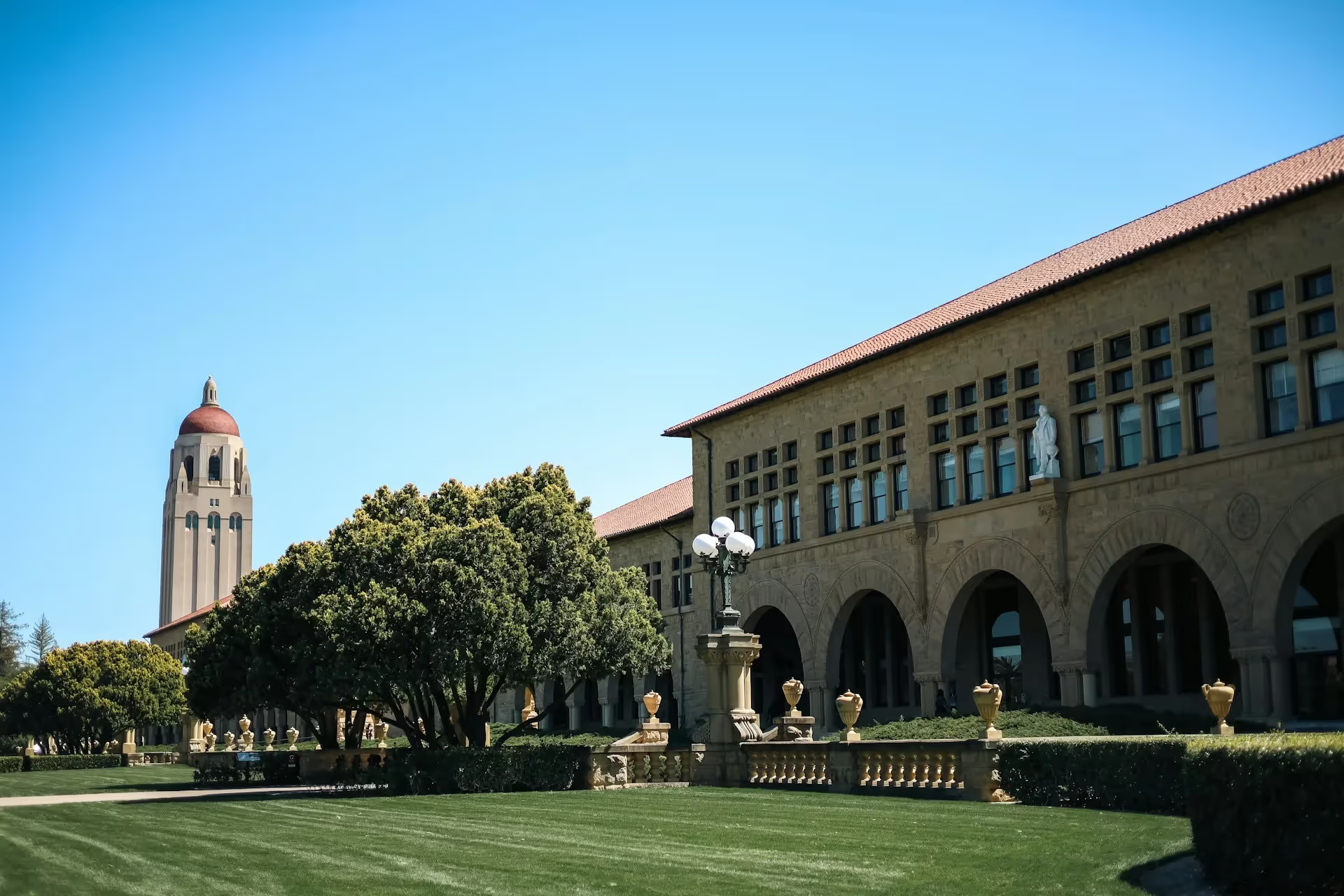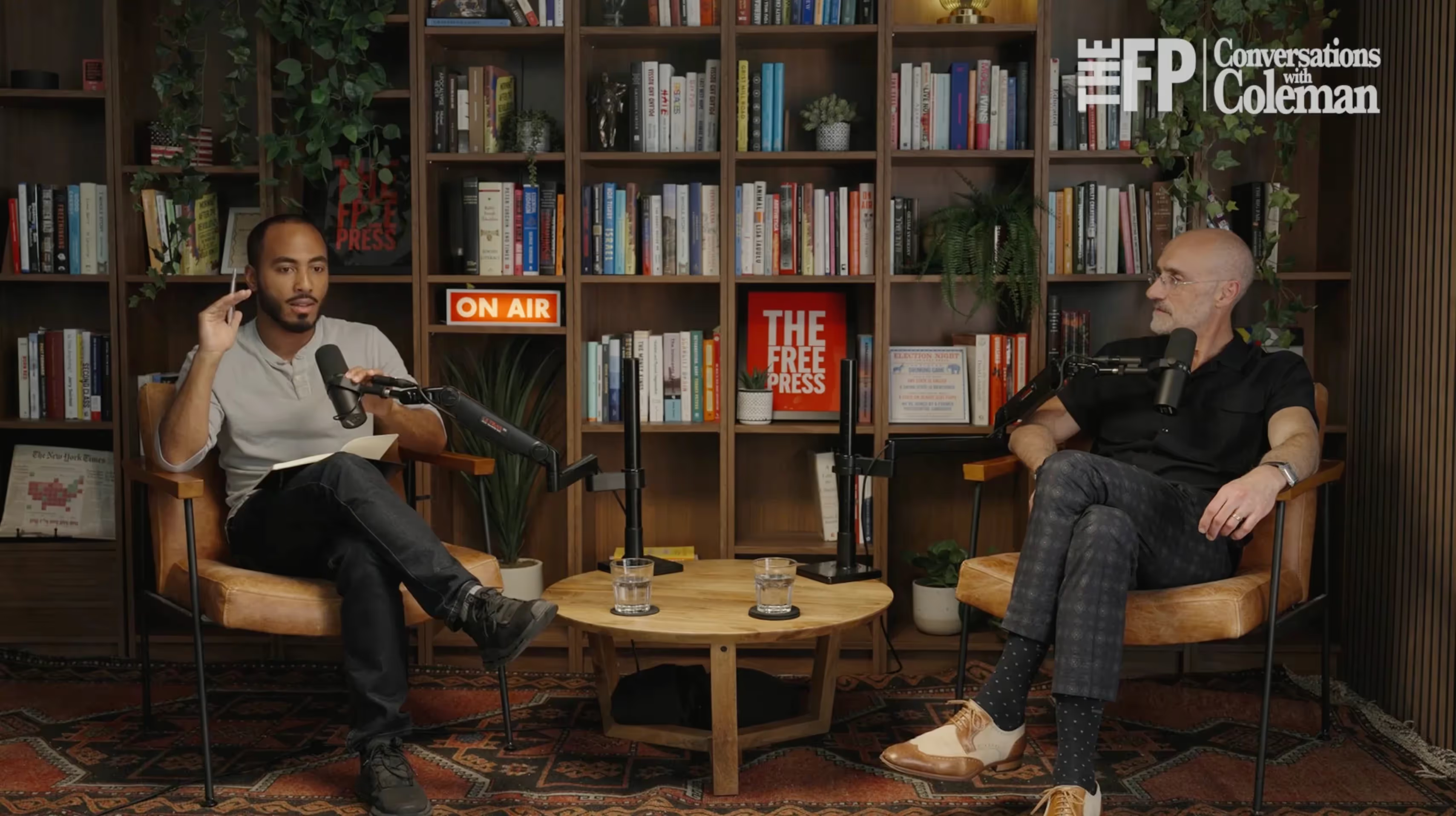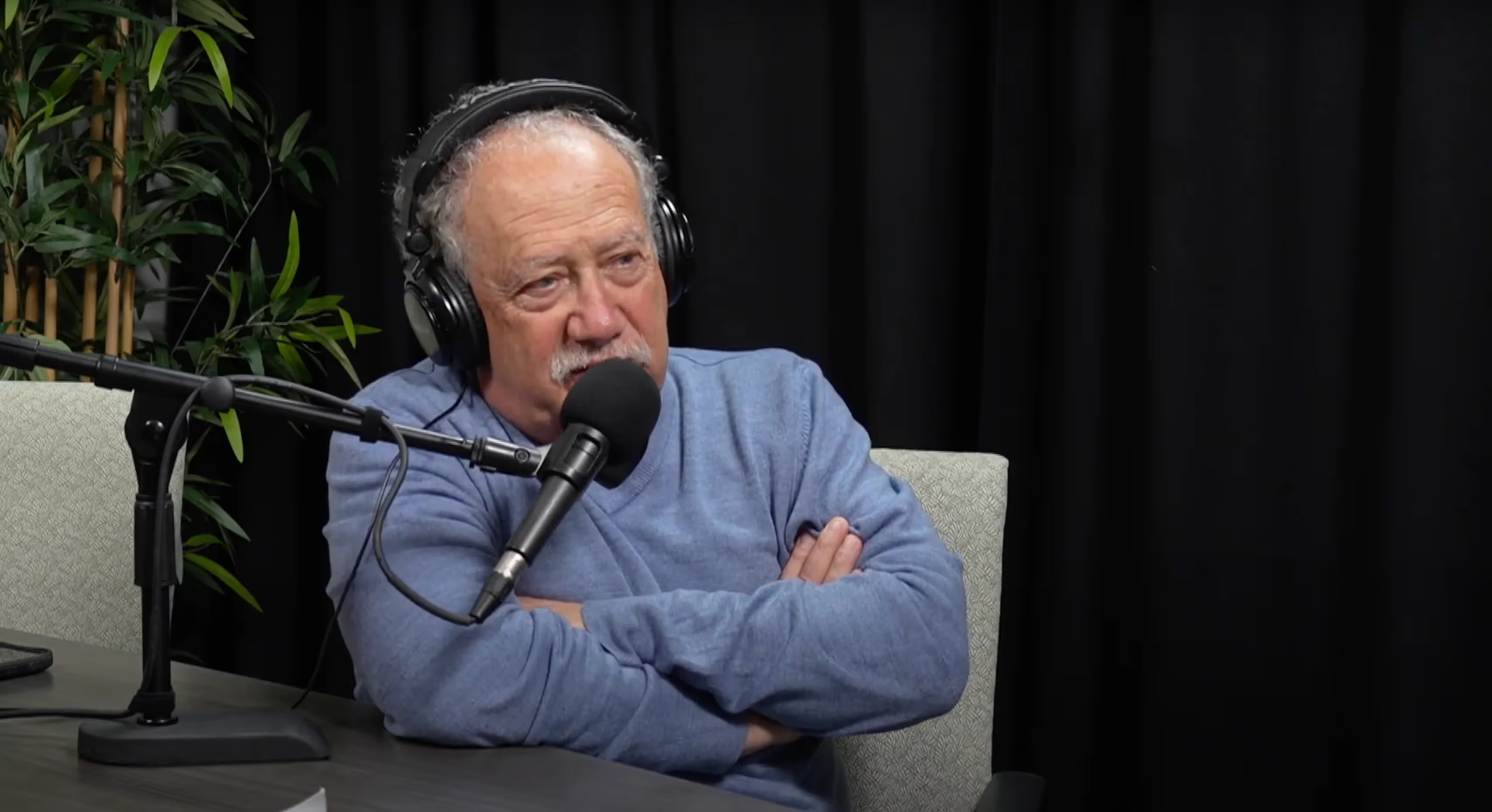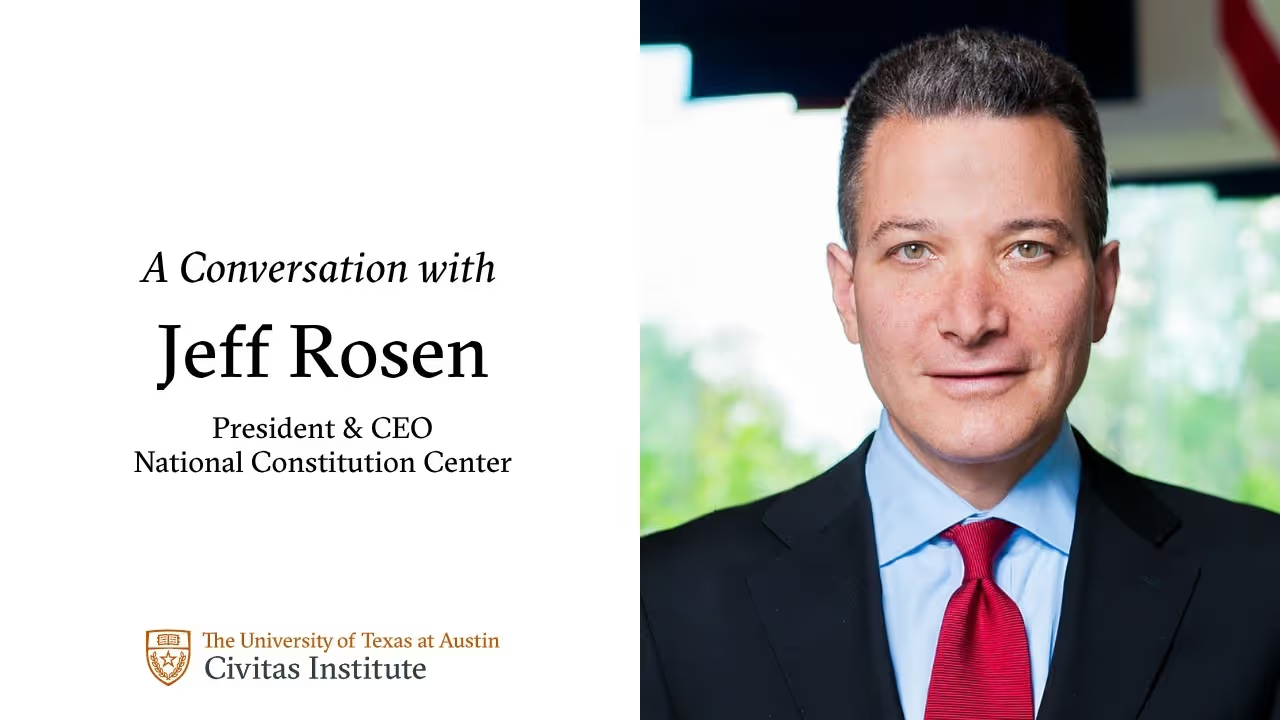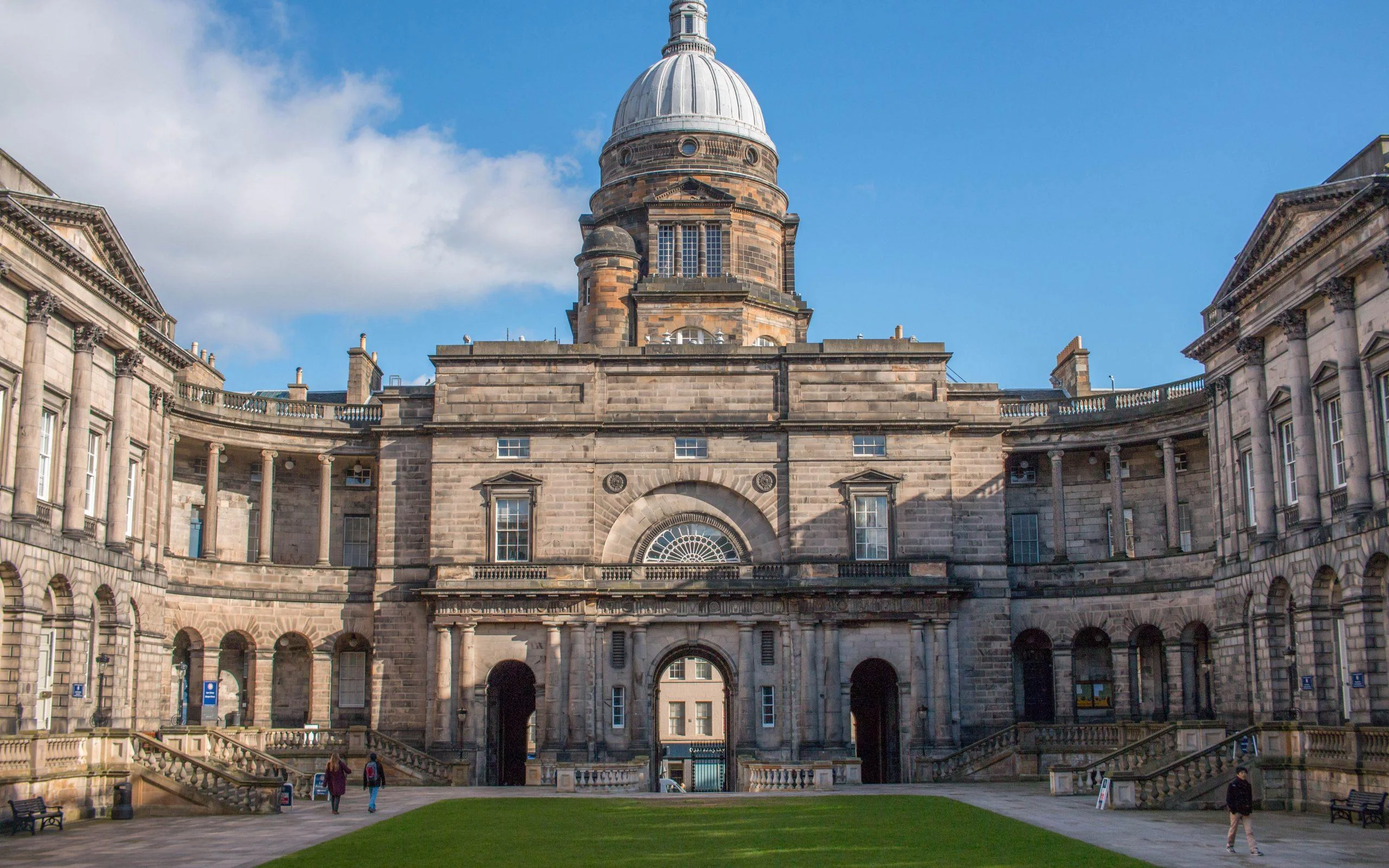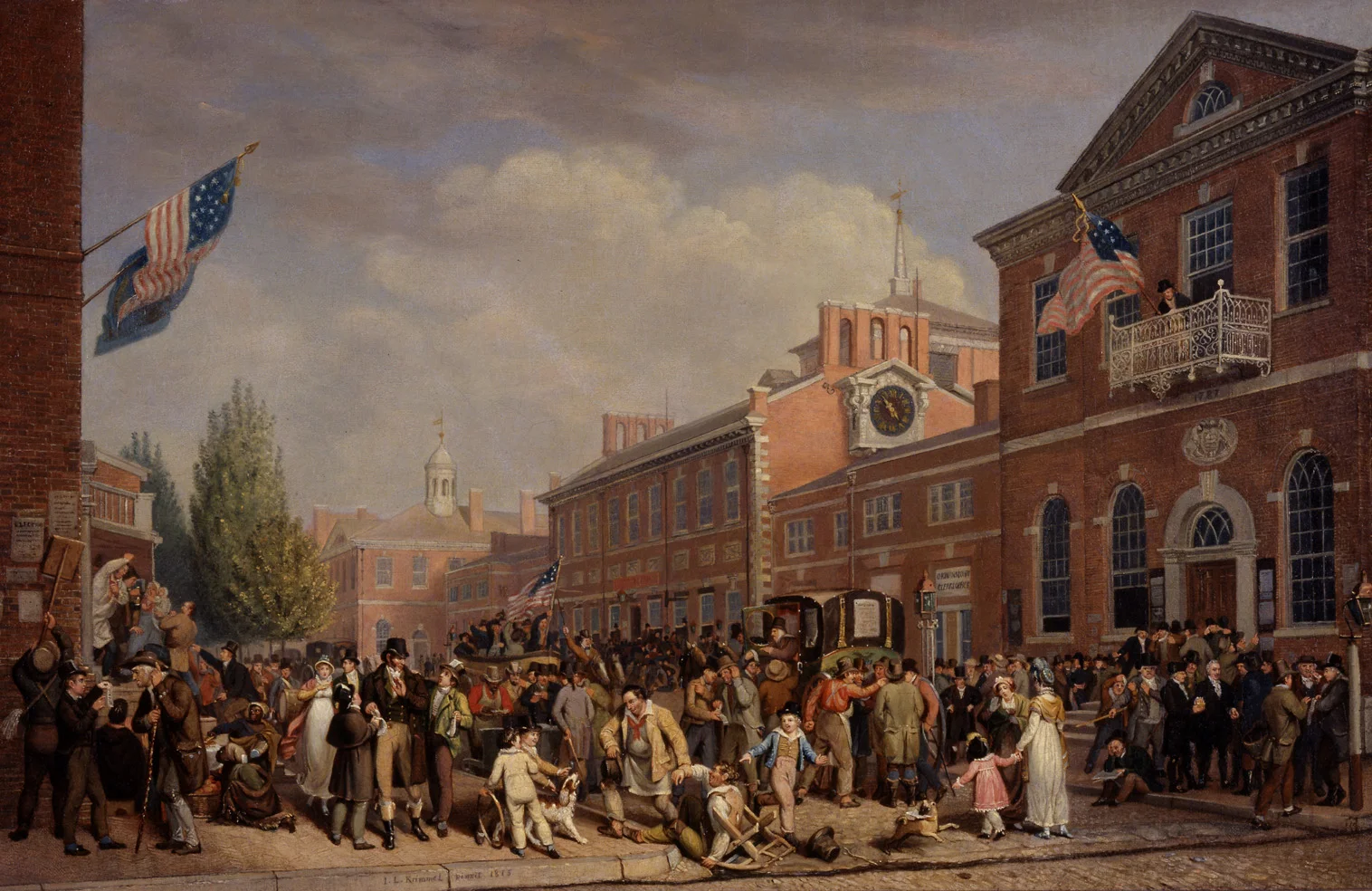
Freedom, Liberalism, and Civic Communion
Civic communion speaks to something that no political order can ignore.
How might the hearts, minds, and souls of American citizens be reminded of their country’s constitutional republican ideals and encouraged to reclaim them when the major fault lines in our politics today suggest that the republic founded on constitutionalism and law, if not entirely gone, has become less of a guiding principle and more akin to the majoritarian chaos of barnyard animals?
As most Americans have come to realize, the American political landscape has undergone a significant decline over the past few decades. Signs of this decline include frequent, loud clashes over policy and personality, ongoing accusations of offenses against identity groups, tribal affiliations, phobias, and racist sins, instead of persuasion and public debate. Government institutions whose operations are now clearly skewed away from their constitutional purpose mirror the political battles driven by the differing ideas of the common good; and slower, more deliberative institutions in government, where members gradually persuade and compromise to advance urgent policy solutions, are now gridlocked, if not outright paralyzed. We are now squarely in the land of violent rhetoric from public officials, condoned violence, and political assassinations.
If the realm of civil and political life is to be brought back, if that’s even possible, it is time to examine an ancient perennial topic in politics: the relationship between freedom and civic “communion”. The very idea of communion in this context might seem out of place, something misplaced from a religious setting. But civic communion speaks to something that no political order can ignore for long: the ‘belonging’ of citizens to their country and its political system, because they see themselves within it and want to contribute. It is a refinement of the term Aristotle called “philia,” which refers to the attachment to one’s regime and country.
An important question here is whether a free people can be self-governing with their principles and convictions actively influencing their own governing decisions, without having foundational questions about family, education, and religion decided by hyper individualistic and egalitarian ideology? One way of diminishing the meaning of republican citizenship and civic communion has been the effort by predominantly elite individuals within the judicial and administrative branches of government to chip away at formative institutions such as religion, family, education, and the military, among others, by preventing or even outlawing decisions that respect and strengthen these institutions. These bodies have a form and purpose that cannot be reduced to what advocates of autonomy and egalitarian rights want.
The first step for Americans who wish to reclaim their constitutional republican ideals is for them to recognize that the progressive forces waging war against the nation, religion, the family, the military, and education during the twentieth and twenty-first century have been remarkably successful. But these institutions are the foundation upon which self-government is built. Their stability is silently relied upon by every democratic government to shape conscientious citizens who wish to contribute, through their actions and words, within broader associations of people, including politics. Yet, despite their importance, none of the nation’s key institutions remains unscathed by the doctrines of egalitarianism, multiculturalism, and the moral relativism that has made all of it possible.
A guiding voice in this conversation is that of the French political theorist Pierre Manent, who has become, over the last four decades, the preeminent defender of a responsible and humane politics in France and on the European continent. Manent’s politics understands that democracy demands more than the European Union's contradictions in governing democratic nation-states in the exacting, supranational manner it does. Democracies must operate on more than just consent, rights, and equality to become fully integrated into the hearts of their citizens and secure their allegiance.
Learning from Pierre Manent
Of the many topics Manent has addressed in his writings on political theory, civic communion is one of the most significant, perhaps the most challenging to define, and the one element that liberal democracies in the West can only sense they need, but are currently lacking. The recovery of American constitutionalism and republican politics to correctly direct this nation’s affairs badly depends on Manent’s teachings on civic communion.
Manent cites Aristotle, who explains that being in a civic communion involves a willingness to join “reasons and actions together,” to put things in common in public with others. This is best understood as a spirit of amity and coordination among citizens who recognize that they are part of a common political project. This community and how it shapes politics is foundational to understanding politics, “and to the realization of our natures as rational and political animals.”
The direction of Manent’s teaching is that citizens and their representatives must revisit essential questions and debates, preventing the public space from increasingly becoming the playground of elite ideologies. Manent’s contributions provide significant theoretical support for an alternative approach to the modernist ideas that base our democracies solely on the shifting, arbitrary demands of progressive history. What we need to recover are the inescapable links between political community and human nature, and how even free democratic states depend on virtuous citizens whose education is rooted not just in autonomy but also in the bonds of family, faith, community, and a confidence in human nature and its intrinsic virtues for self-governance.
This does not amount to a dismissal of the liberal political order, even though some have interpreted Manent in this manner. There is no post-liberalism in Manent or in my application of it. Manent is clear that the liberal order should be upheld by its members because it delivers considerable goods: civic peace, prosperity, dignity for individuals, and liberty. The focus of civic communion is vastly different from a modern liberal regime that produces a litany of pre-political rights that encompass economic, social, sexual, and racial rights that are above deliberation, or the nearly limitless claims for social spending and entitlements that are beyond what even the most productive economy in the world can afford.
The challenge is to recognize that we belong to the republic as citizens, but citizens with souls who cannot be entirely subsumed by state power and must have the freedom to pursue the good. It is not simply about autonomy versus collectivism or endless liberties versus conformism. Both frameworks fail to consider the dignity of the public and the role of politics. In short, if we get civic communion right, we can get freedom right.
Reclaiming a constitutional identity requires more than just analyzing the text of the Constitution or filling the federal government with like-minded individuals. We need to understand civic communion and freedom as the key ways citizens can see the Constitution as their own. Citizens are shaped through giving and receiving in the spirit of civic fellowship or communion. Ideological statements of individualism and egalitarianism do not lead to civic renewal; in fact, they have the opposite effect. We belong to the republic as citizens, but citizens who must have the freedom to pursue the common good as individuals, as citizens, as family members, as workers, and as worshippers. A truly free person is neither atomized nor closed off from the truth of what it means to be a human person. Crucially, America’s founding reflects a strong understanding of the truths of civic communion, even if expressed in different words.
In contrast, today, politics in the modern liberal idiom is almost impossible to describe without reference to equality, rights, freedoms, consent, and limits on power. The goal, in essence, is to protect and promote individual choice without regard for limits or the damage such a conception of personhood imposes on institutions.
Paradoxically, democracy needs natural attachments; it requires human bonds that are not finally reducible to will for their enduring existence. Without natural attachments of family, community, and faith, democracy loses political consent as its citizens increasingly become disconnected from bonds that call forth love, sacrifice, and prudence.
Modern liberalism and its relentless pursuit of equality have redefined these bonds in the image of autonomy, with no definite moral or social framework for the lives of democratic citizens, other than the freely contracting individual. In the absence of these bonds, abstract ideals rule the political space, reducing consent to the viewpoint of autonomous individuals.
But democracy requires sacrifice, love, and membership for its existence to be worthy of continued devotion. How are these necessary elements of democracy possible in societies where their citizens increasingly detach themselves from other people? To restore consent in the narrow political sense of a citizen’s affirming a liberal political order, you need to eliminate the ideology that erases all attachments.
While these democratic freedoms of consent, rights, and equality are worthy of praise, they can only become so when the democracy to which they are joined has not dismissed the essential dimensions of the human person and the person’s need to hold things in common with others by putting their actions together with those of other citizens.
But what if the realization of that important but limited truth about the human person requires an ongoing belonging to the political community? This demands that key elements of the country be recovered and made part of citizenship so that we can recognize our belonging to it, rather than viewing it as an instrumentality that provides entitlements, protects an ever-expanding suite of rights, or even guarantees employment. The nation must be understood in its full historical and political context, along with its outline of a common political framework whose chief purpose is to shape the possibilities for human nature to be fully realized.
Speaking of civic communion does not mean speaking of the total politicization of life, or losing the individual in the whole, or a mass politics that sucks everything into it. Rather, those unpleasant realities are the consequences of a public square existing in the absence of any devotion. Discussing freedom and communion requires us to take seriously the deeply relational nature of the person and our inadequacies as individuals in flourishing on our own with only light or contractual commitments to other persons, which is one of the chief maladies of the liberal democratic age.
The democratic nation is engaged in a profound moral enterprise, one that concretizes and brings together persons under a standard banner of meaning and purpose that distills and articulates what every thriving community of human beings must do: live together in conditions of freedom and virtue, which entails sacrifice, but also creates the opportunity to thrive. Civic communion means that giving oneself to the political community makes belonging possible, that the common good requires being part of the political framework as a citizen, combining and putting forward our reason and actions in varying degrees and ways.
Political and Religious Communions
In further developing our thinking about freedom and civic communion, we should consider, as Manent did, the “central act which defines the West as a civilization, a possibility which is denied at the cost of the soul’s integrity and our civilization’s vitality,” and that is the “turning of the soul to the call which is truth.” Both the church and the political realm possess an inherent capacity to bring human beings outside themselves, drawing them into tighter bonds, responsibilities, and possibilities with other people whose reason, faith, and sentiments have been elicited by religious and political communions. The political realm also accomplishes this by summoning our human nature to put its reason, will, judgment, and actions in common with others. As such, a democratic nation presupposes that it can foster morally and politically praiseworthy lives among its citizens by articulating a public order worthy of devotion and cultivating a civil society of freedom. The failure to do this ushers in the opposite of civic communion. It fosters a public opinion of cynicism, distrust, and low expectations for public authority, which in turn shapes the mores of citizens.
The political realm, when engaged in the ongoing work of civic communion, is primarily that order of citizens who use their reason, guided by virtue, in deliberations about the moral structure of their democracy. The citizens of any democracy, including their representatives, cannot avoid making moral judgments about what they want to give and receive from the government. Orders must be issued in the interest of the common good, whose purpose is realized in belonging and unity amid various stresses. However, civic communion challenges our comfortable modernist framework by suggesting that political decisions should not be based solely on egalitarianism and self-interest, with consent as the only validation; instead, they should look to the old virtues for leadership in public life.
Manent emphasizes that old pagan virtues should guide deliberations in democracies, as courage, prudence, justice, and temperance are crucial for steering democratic politics. Without these virtues, there is a rise of willfulness — a desire to emancipate individuals from any shared heritage. Citizenship becomes characterized by a strong passion for freedom on one hand and a desire for a provident state that ensures safety on the other. By comparison, in that emancipated and egalitarian sphere, what lurks is not true citizenship but deracinated individuals who become increasingly unable to commit themselves to any form of community, undermining faith in institutions that demand responsibility from citizens, whether in public or private life. The communion of modern democracy preserves and defends individual liberty, but, as Manent describes it, the sole watchwords for such freedom are not the ones of the emancipated individual of the summer of ‘68.
American Communion
Our American republic is built on the propositions that man by his very nature is rational, equal under law, in pursuit of virtue, i.e., happiness, and thus capable of giving and receiving reasons for how we want to be governed. The founders' response to the ongoing political question of who should govern is that the many will lead because human nature gives each person the ability to self-rule. However, the answer actually becomes more refined.
The American republic assumes that the wisdom and intelligence needed to govern are not concentrated in a few people, but in the many who are spread across the country. In the words of George Will, “a republic is a form of government that presupposes some broadly dispersed thoughtfulness, to make choices after having first taken time to think.” The many have chosen, however, to be governed by the few, but a few they select and can remove in periodic elections. The few who are elected to govern are also given the constitutional means to stay somewhat separate from those who elected them, in the performance of their public duties.
The opinions of members of the federal legislature, to consider one branch, can be formed independently to shape the law, bringing to bear the concerns of the public, but also using those concerns and pressures in a deliberative process to help the public understand exactly what they want. Legislators, in turn, must answer to the public for these judgments in a continuous process of recurring consensual legitimacy. In this manner, the determinations of the government are republican judgments that emerge from public officials in a deliberative process, where they share reasons and actions to form public law.
In constitutional terms, our federal government is in a poor state. This process functions through constitutional arrangements that determine how power is exercised, including its intended purposes. The process of discussion in a republic — what Publius calls an “aptitude and tendency” to promote “representation characterized by virtues of calmness, reasonableness, civility, detachment, long-headedness” — results from nurture and artifice, which do not readily develop but are cultivated through institutions and a Constitution that bring them into existence. However, the American people today are clearly and painfully not primarily operating through these channels of republican health — calm and patient deliberation — and this includes our institutions, especially Congress, that operate under and through the rule of law.
Our thinking about the decline of government institutions should consider how American culture has moved beyond the idea that there is a human nature, logical and reasonable, that is inherently relational and defined by mediation and bonds of trust and responsibility. We should question whether a culture of strident individualism, or tribal identities, fostered in part by government fiat, can sustain republican constitutionalism. Moreover, we must also consider how America’s political form is predicated on bonds that precede it, nurture it, and maintain it. The question then becomes: are we capable of living in civic communion as a republican people, a people who need nation, family, and religion to form and expand their capacities for moral reflection, responsibility, and conscience?
It is nearly impossible to review these institutions today in American life and conclude that all is reasonably well. American cultural and mediating institutions, including our political ones, require careful thought and actions focused on their renewal. First, one must identify the failings, then propose remedies. The main cure that Manent identifies is a dramatic change from the meaning and practice of the modern state and its hegemonic elevation of a “philosophy of rights” to the center of public consciousness and governmental activity. Changing our thinking and practice in this regard is a must if we want to rebuild civic communion in America. The remedy of civic communion is to recognize and affirm the relational dimensions of the human person, formed by primary institutions, that shape government in the direction of freedom, order, and belonging.
Richard M. Reinsch II is editor in chief of the Civitas Institute’s Civitas Outlook.
Pursuit of Happiness
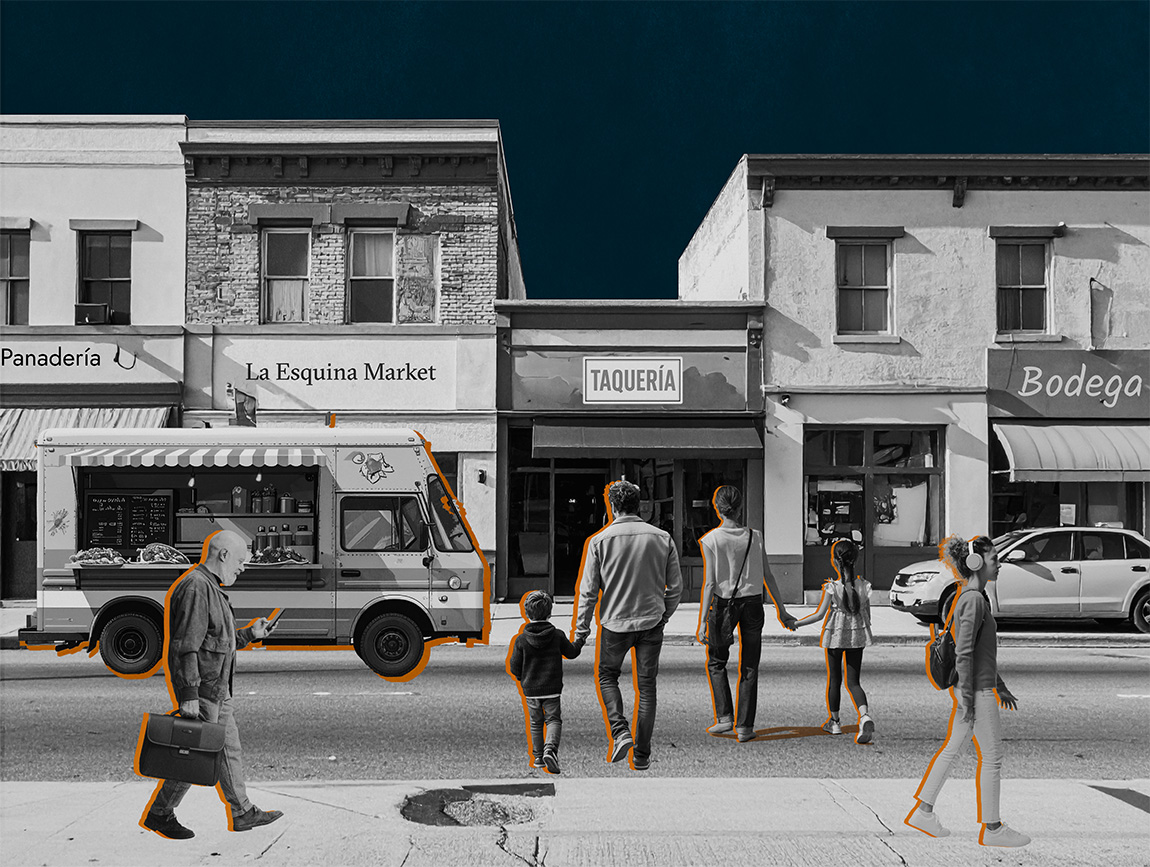
The Rise of Latino America
In The Rise of Latino America, Hernandez & Kotkin argue that Latinos, who are projected to become America’s largest ethnic group, are a dynamic force shaping the nation’s demographic, economic, and cultural future. Far from being a marginalized group defined by oppression, Latinos are integral to America’s story. They drive economic growth, cultural evolution, and workforce vitality. Challenges, however, including poverty, educational disparities, and restrictive policies, threaten their upward mobility. Policymakers who wish to harness Latino potential to ensure national prosperity and resilience should adopt policies that prioritize affordability, safety, and economic opportunity over ideological constraints.

Exodus: Affordability Crisis Sends Americans Packing From Big Cities
The first in a two-part series about the Great Dispersion of Americans across the country.

The AI Future: Between Certain Doom and Endless Prosperity
AI continues to become more complex and sophisticated, but public policy solutions do not.

The Castle, the Cathedral, and the College
Our civilization struggles to explain why anything should command allegiance beyond preference or power; its remnants echo a grandeur now distant.
